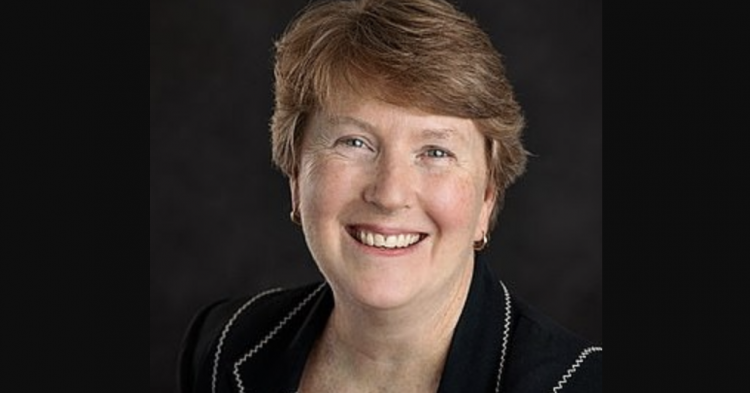
Some of the common body parts that Dr. Kristin Small argues need a new name include the Adam’s apple and the Achilles tendon, which are named after men despite being present in both the bodies of men and women.
Because these body parts are not gender- or -specific, Dr. Small wants their names updated to reflect all people and not just the male half of the population. The professor hopes that through her initiative, she will be able to transform the anatomical language used across the globe, starting in societies like Australia and the United States.
Dr. Kristin Small doesn’t just teach anatomy classes. She is also a specialist obstetrician from Queensland. As a female medical professional, she has an awareness of the terms floating around the medical community and believes it is time for an update. That’s why she is leading the charge by using her authority as a professor to teach her students something a bit different. Instead of using the names of “men, kings, and (male) gods” to describe human body parts, she thinks there are more anatomically correct solutions that can relate to every person on the globe.
“I think we have a personal choice to decolonize our language, and these historical terms will fade out,” Dr. Small told the Courier-Mail.
During her exams, Dr. Small requires her students to use the current names but educates her students about how they are viable alternatives to the “dead man’s name” that is currently in usage. She spends some of her time outside of the classroom fighting to change these anatomical terms for the benefit of all.
Councilmember, Dr. Nisha Khot, of the Royal Australian and New Zealand College of Obstetricians and Gynecologists, agrees with Dr. Small that these “dead man” eponyms will soon be obsolete.